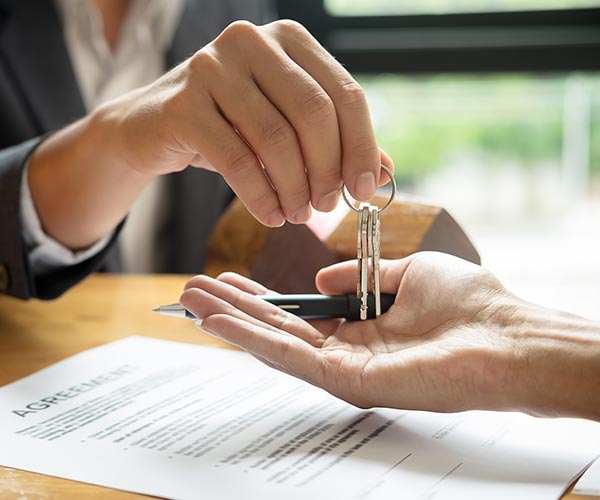Darshak Shah
Darshak is Evource Co-Founder and an Australian CPA, who has experience of working in over 8 different industries including with employers like NAB & Cancer Council. He has a great eye for process streamlining, improvement, change management, and transitions.
If you own a small business, don’t wait until June 30th! Proactively preparing before you speak to your tax agent or accounting firm helps reduce your tax liability before it’s too late.
For ATO purposes a small business has an aggregated turnover of under $10 million. This includes any sole trader business, partnership, trust, or company that you run a business under.
Here are ten tax saving tips for you to leverage out for your business:
1. Get your records organised now
It is your responsibility to maintain evidence for your business transactions. Many businesses will reissue invoices if needed. If you’ve lost records due to a disaster, talk to your tax agent about your options.
Keep in mind that the ATO compares claims across industries. If your deductions appear unusual, this increases the potential for an audit, in which you will need to prove your claims.
2. Get your bookkeeping up to date
Ensure your bookkeeping software is adequate and get your records up to date. Being able to see your financial position before the year ends ensures you are informed enough to make appropriate decisions.
Keep in mind the ATO’s new Single Touch Payroll requirements commencing 2018.
3. If you use your car for your business, ensure your logbook is valid
The ATO requires your logbook to be kept over a period of 12 weeks of normal use. A valid logbook must record both your personal and business use. Your logbook can be used for 5 years if your estimated work use and your annual kilometers remain similar. Ensure you record your odometer on June 30 for a valid claim.
If you don’t have one, start it now!

4. If you use personal accounts for your business, keep clear diary records to evidence your business use percentage
While we strongly recommend having a separate mobile for business and personal use, the next best thing is to keep a diary record for a regular business month in which you track your business and personal use. The same applies for use of your home phone and internet for the business. Don’t forget to include time that your family uses the service as personal time.
If you don’t validate your work-related percentage, the ATO may reject your deduction in an audit, leaving you vulnerable to penalties.
5. If you run your business from home, ensure your business area is exclusively set up for business use
In order to claim ownership costs such as rent or interest on your mortgage for the proportion of your home that your business runs from, you need to have an area set aside exclusively for your business. This can’t be a room that doubles up for personal use. The ATO will consider factors such as whether there are business signs, you have a separate entrance for clients if space is not suitable for personal use, and whether you actually use it as personal space.
You may claim electricity and other running costs. If there is no exclusive business space this claim should be based on the proportion of time that you use an area of your home for business.
6. Consider making prepayments
Businesses ordinarily claim tax deductions the year they relate to. Small businesses are eligible to claim prepaid expenses, as long as they don’t relate to more than the next immediate financial year.
7. Consider purchasing assets now
If you are planning to purchase business assets such as a laptop, desk, or second-hand car, consider purchasing them before June 30th to get your tax deduction into this tax year. Being a small business, this tax-saving tip can help your business in a great way. Small businesses are eligible for simplified depreciation rules. This means any business asset under $20,000, that is purchased by 30th June 2018, can be immediately claimed. If it is partially used for business, the business proportion can be claimed immediately.

8. Keep an eye on your stock levels
Small businesses can estimate the value of a stock at the end of the year, rather than doing a stocktake, as long as the change is reasonably estimated to be less than $5,000.
9. Consider paying superannuation by June 30
Employee superannuation is deductible in the financial year that the superfund receives the payment. Consider paying your superannuation obligations in June instead of waiting until July.
If your own income is primarily from a sole trader business, partnership or trust distributions (rather than from wages), consider making a personal deductible superannuation contribution. Ensure your superannuation fund is advised of your intention to claim the deduction for it to be valid.
10. Assess your accounts receivables to determine if there are any bad debts
If you use an accruals method to account for income, you can claim a deduction for any bad debts that you write off in the financial year, provided they have been included as income in the current or previous year.
Keeping these tax saving tips in mind before the tax year ends can make a major difference to your tax outcome, as you still have time to take proactive steps that will reduce your tax liability.
